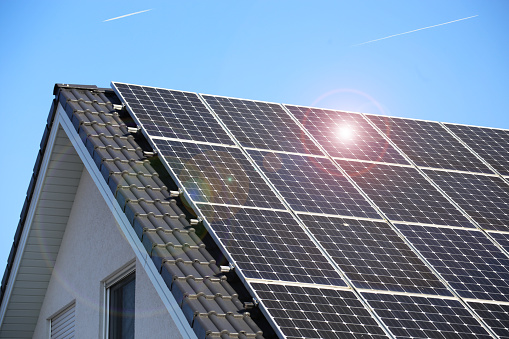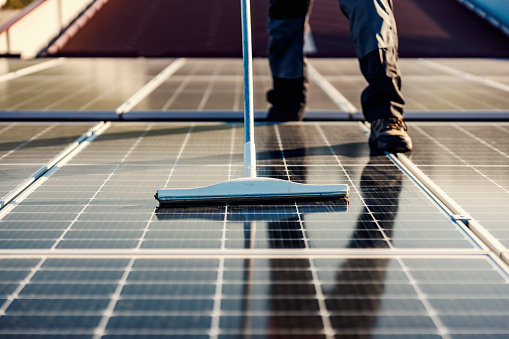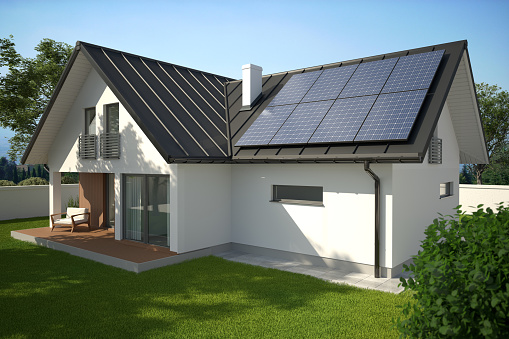This means that if the grid goes down, the off-grid solar system can still provide power to a home or business. Off-grid solar systems are becoming increasingly popular among people who live in remote areas or are interested in reducing their carbon footprint.
They are also commonly used in homes and businesses that are located in areas where grid power is unreliable or unavailable. Off-grid solar systems typically require careful planning and installation to ensure that they are efficient and reliable, and they often involve the use of specialized components, such as charge controllers, inverters, and battery banks. The cost of an off-grid solar system can vary depending on the size and complexity of the system, but they typically involve a higher upfront cost than traditional grid-tied solar systems.
Despite the initial investment, off-grid solar systems can lead to significant long-term savings by reducing or eliminating the need for grid power and providing a reliable source of electricity.


